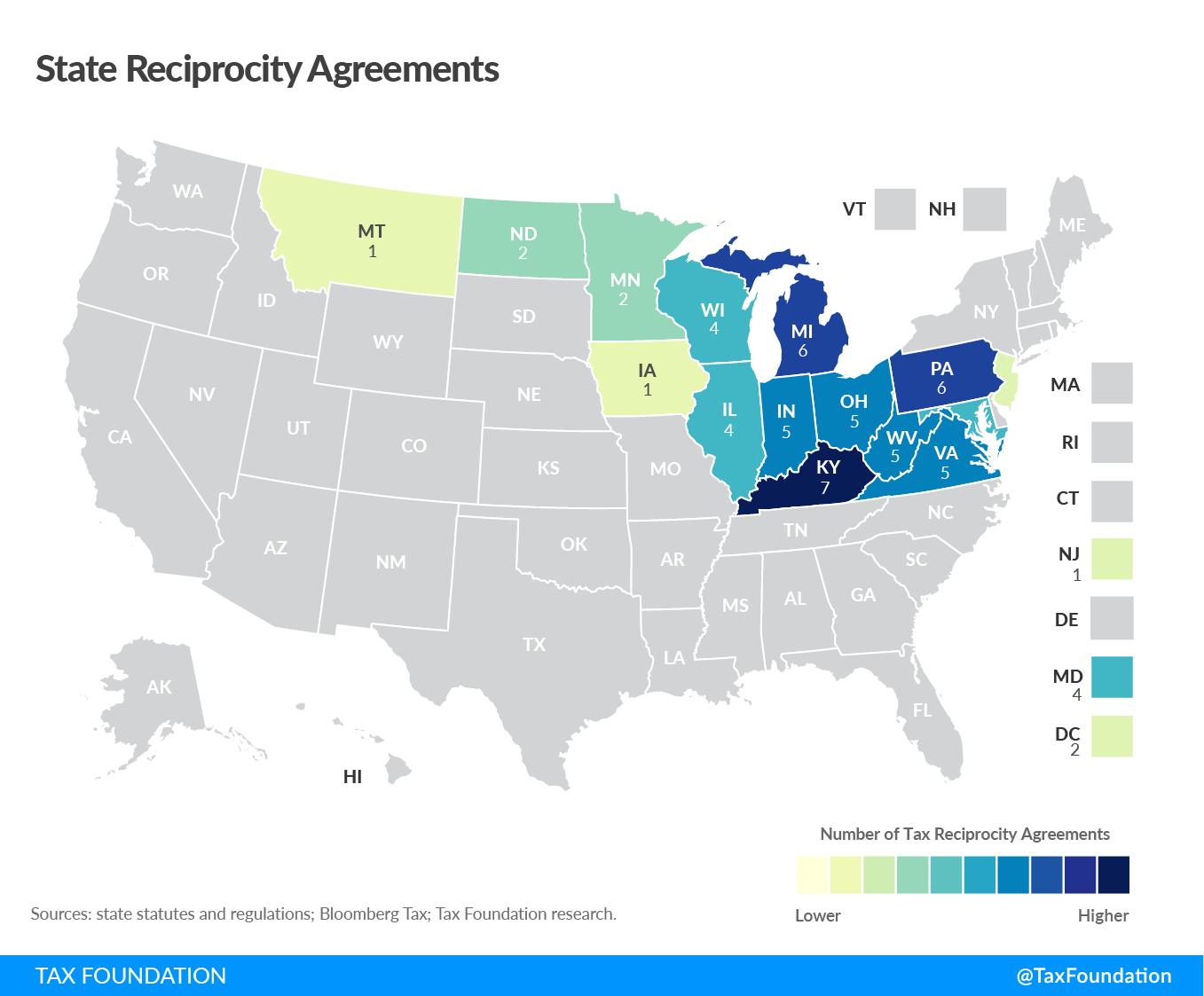New opportunities for digital assets advisory services
This marks a pivotal shift for tax and accounting professionals, fundamentally changing how digital asset transactions, including cryptocurrency, are tracked and reported for tax purposes. The new digital asset reporting regulations are likely to generate a surge of client inquiries for accountants. It is therefore important that firms are fully prepared. Beyond compliance, mastering the nuances of digital asset reporting offers firms an opportunity to stand out as trusted advisors in the fast-evolving landscape.
Jump to |
A shift in digital asset reporting
Under the new IRS digital asset reporting rules, brokers are required to report gross proceeds from digital asset sales and provide tax basis information. This includes filing Forms 1099-DA to report specific transactions. These regulations apply to hosted wallet providers, payment processors and custodial broker companies, but exclude decentralized brokerage firms that do not take ownership of assets. Assets such as cryptocurrencies, nonfungible tokens (NFTs), and stablecoins fall within the scope of these requirements.
The complexity of digital asset taxation positions accountants as indispensable resources for clients. Understanding these regulations in depth will help your firm move from transactional compliance to a proactive advisory role. For example, advising clients on how to sell tokenized assets to minimize taxes can save them thousands of dollars, cementing the value of your firm beyond tax preparation. Similarly, insights into the implications of dual classification assets or real estate deals involving digital assets can help clients navigate uncharted territory with confidence.
Let’s take a look at how your firm can help clients understand their digital asset reporting obligations and optimize their financial strategies.
1. Broker and reporting definitions
By understanding which entities qualify as brokers and the extent of their obligations, your firm can guide clients on the specific details required for Form 1099-DA filings. To help you identify taxable transactions, familiarize yourself with the definition of digital assets as defined by the regulations. Use that expertise to educate clients on the different types of brokers and transactions that trigger reporting requirements, such as sales for cash, digital asset exchanges, or certain payment processor activities.
2. Support for digital asset reporting
Many of your clients, particularly those with large digital asset holdings, might struggle to keep detailed records. Consider tailoring services to reconcile transaction histories, calculate adjusted bases, or prepare Form 1099-DA submissions. Digital asset tax planning
Clients engaging in digital asset transactions often need guidance on tax-efficient strategies. Advice on holding periods for long-term gains rates or strategies that minimize taxable events, for example, can save your clients’ money and increase their trust in your expertise. You can also set yourself apart by offering insight on specific situations such as stablecoin or NFT trades. Real estate and digital asset transactions
As digital assets become a medium of exchange in real estate, accountants can assist clients with accurate reporting of fair market values, helping both buyers and sellers navigate this niche.
5. Optional reporting methods
Inform your clients about the optional aggregate reporting methods available for stablecoins and NFTs, which can simplify their compliance process if certain thresholds are met.
Developing a digital asset advisory framework
While the immediate focus is on compliance with the 2025 and 2026 deadlines, the broader trend toward digital asset regulation is clear. Firms who invest in improving their expertise will be better positioned to take advantage of the integration of digital assets into mainstream finance. By offering services such as tax planning, reporting assistance, and financial strategy, your practice can stay ahead of competitors who are slower to adapt.






